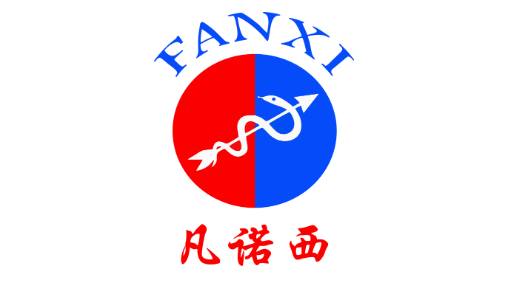Researchers in the United States have developed a new nanoparticle that can simultaneously deliver two types of drugs to brain tumor site, which will enhance the effectiveness of treatment for glioblastoma multiform, a deadly brain tumor. It has been successful in animal trials.
Glioblastoma multiforme is a common malignant brain tumor with high mortality. Direct injections are difficult to reach the brain through the blood brain barrier and tumor cells quickly develop resistance to a single drug, which are two major difficulties in treating the disease.
Researchers at the Massachusetts Institute of Technology said in a report in British Nature Communications that coating liposome nanoparticles with transfererins allowed the particles to pass through the blood brain barrier and reach the tumor site accurately while avoiding normal cells.
Liposomes are hollow artificial spherical particles with a lipid bilayer. The researchers packed liposomes with the chemotherapeutic drug Temozolomide, which destroys the DNA of tumor cells. An experimental drug, called JQ-1, is used in the shell to prevent tumor cells from repairing DNA damage. When the two are combined, drug resistance will be reduced.
Delivery of the drug using the transferrogen-coated liposomes was more effective than direct injection, with brain tumors shrinking more and survival rates higher on mice. In addition, the new method can avoid some of the adverse reactions caused by direct injection of drugs.
The method could also be used to deliver other cancer drugs, the researchers said. The presence of the blood brain barrier prevents many drugs from being used in brain tumors, and new technology will change that situation, thus increasing the options.



Park WeiChart